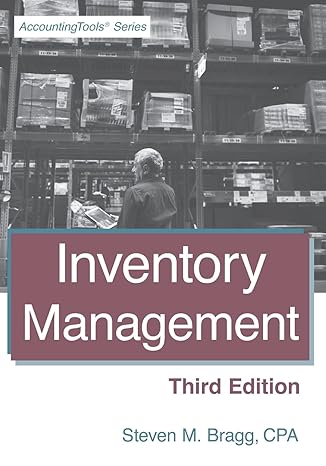Barbara Russell, a manufacturing vice president, walked into the monthly companywide meeting with a light step and a hopefulness she hadnt felt in a long
Barbara Russell, a manufacturing vice president, walked into the monthly companywide meeting with a light step and a hopefulness she hadn’t felt in a long time. The company’s new, dynamic CEO was going to announce a new era of employee involvement and empowerment at Elektra Products, an 80-year-old, publicly held company that had once been a leading manufacturer and retailer of electrical products and supplies. In recent years, the company experienced a host of problems: market share was declining in the face of increased foreign and domestic competition; new product ideas were few and far between; departments such as manufacturing and sales barely spoke to one another; morale was at an all-time low, and many employees were actively seeking other jobs. Everyone needed a dose of hope. Martin Griffin, who had been hired to revive the failing company, briskly opened the meeting with a challenge: “As we face increasing competition, we need new ideas, new energy, new spirit to make this company great. And the source for this change is you—each one of you.” He then went on to explain that under the new empowerment campaign, employees would be getting more information about how the company was run and would be able to work with their fellow employees in new and creative ways. Martin proclaimed a new era of trust and cooperation at Elektra Products. Barbara felt the excitement stirring within her; but as she looked around the room, she saw many of the other employees, including her friend Simon, rolling their eyes. “Just another pile of corporate crap,” Simon said later. “One minute they try downsizing, the next reengineering. Then they dabble in restructuring. Now Martin wants to push empowerment. Garbage like empowerment isn’t a substitute for hard work and a little faith in the people who have been with this company for years. We made it great once, and we can do it again. Just get out of our way.” Simon had been a manufacturing engineer with Elektra Products for more than 20 years. Barbara knew he was extremely loyal to the company, but he—and a lot of others like him—were going to be an obstacle to the empowerment efforts. Top management assigned selected managers to several problem-solving teams to come up with ideas for implementing the empowerment campaign. Barbara loved her assignment as team leader of the manufacturing team, working on ideas to improve how retail stores got the merchandise they needed when they needed it. The team thrived, and trust blossomed among the members. They even spent nights and weekends working to complete their report. They were proud of their ideas, which they believed were innovative but easily achievable: permit a manager to follow a product from design through sales to customers; allow salespeople to refund up to $500 worth of merchandise on the spot; make information available to salespeople about future products; and swap sales and manufacturing personnel for short periods to let them get to know one another’s jobs. When the team presented its report to department heads, Martin Griffin was enthusiastic. But shortly into the meeting he had to excuse himself because of a late-breaking deal with a major hardware store chain. With Martin absent, the department heads rapidly formed a wall of resistance. The director of human resources complained that the ideas for personnel changes would destroy the carefully crafted job categories that had just been completed. The finance department argued that allowing salespeople to make $500 refunds would create a gold mine for unethical customers and salespeople. The legal department warned that providing information to salespeople about future products would invite industrial spying. The team members were stunned. As Barbara mulled over the latest turn of events, she considered her options: keep her mouth shut; take a chance and confront Martin about her sincerity in making empowerment work; push slowly for reform and work for gradual support from the other teams; or look for another job and leave a company she really cares about. Barbara realized she was looking at no easy choices and no easy answers.
Questions
1. How might top management have done a better job changing Elektra Products into a new kind of organization? What might they do now to get the empowerment process back on track?
2. Can you think of ways Barbara could have avoided the problems her team faced in the meeting with department heads?
3. If you were Barbara Russell, what would you do now? Why?
Step by Step Solution
3.41 Rating (164 Votes )
There are 3 Steps involved in it
Step: 1
Elektra Products is in the midst of making some important changes to try to make itself a market lea...
See step-by-step solutions with expert insights and AI powered tools for academic success
Step: 2

Step: 3

Ace Your Homework with AI
Get the answers you need in no time with our AI-driven, step-by-step assistance
Get Started


